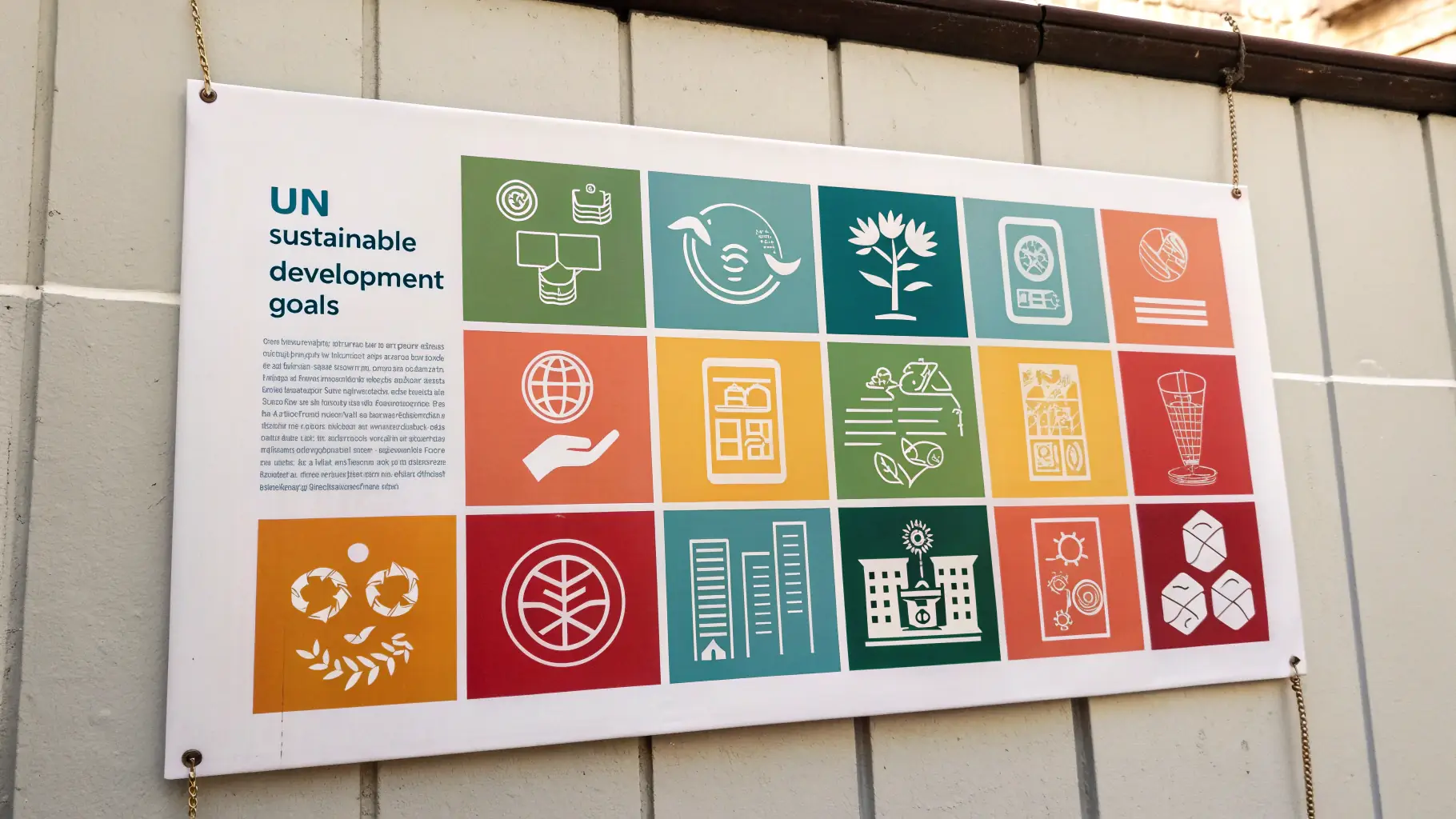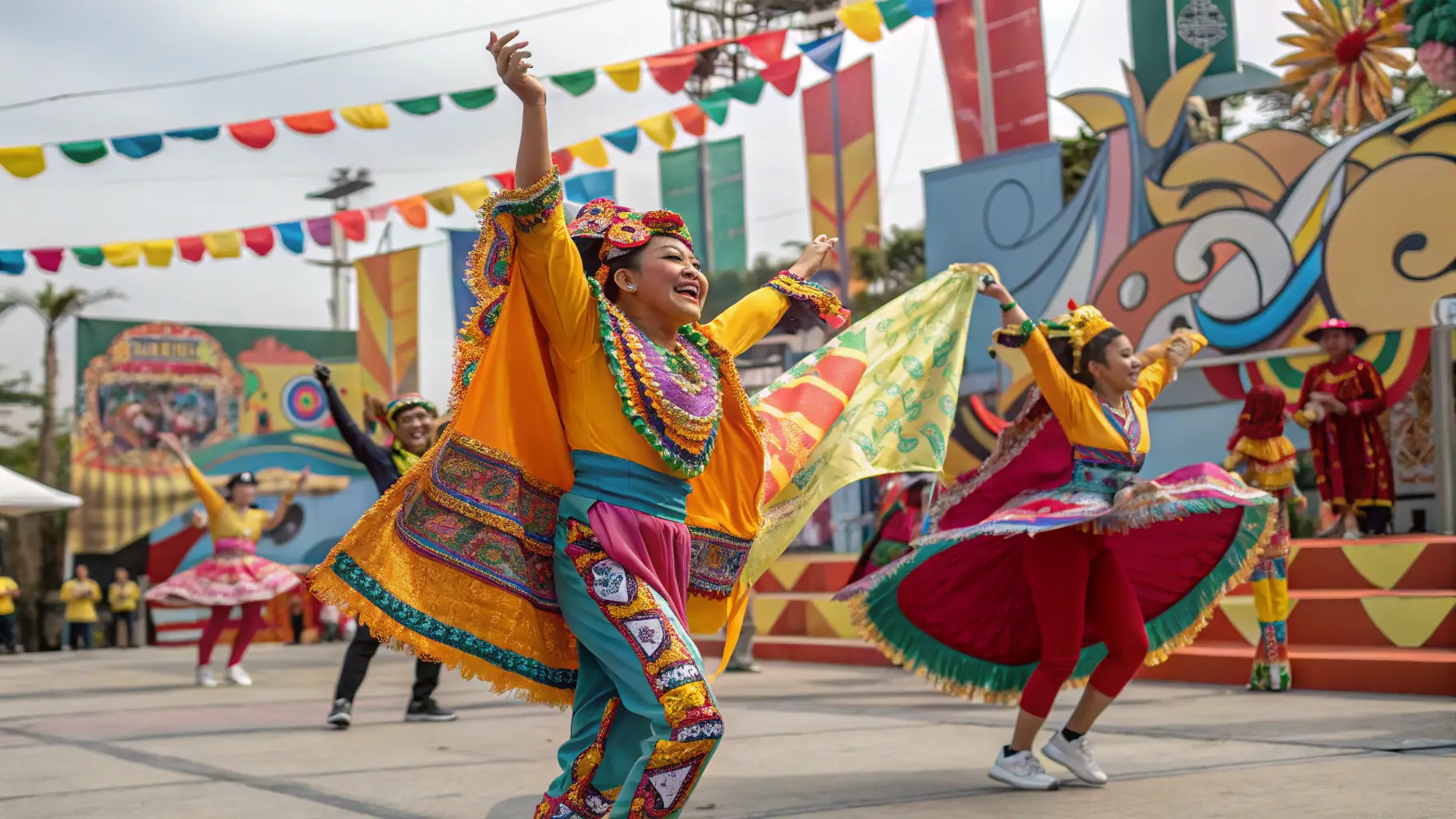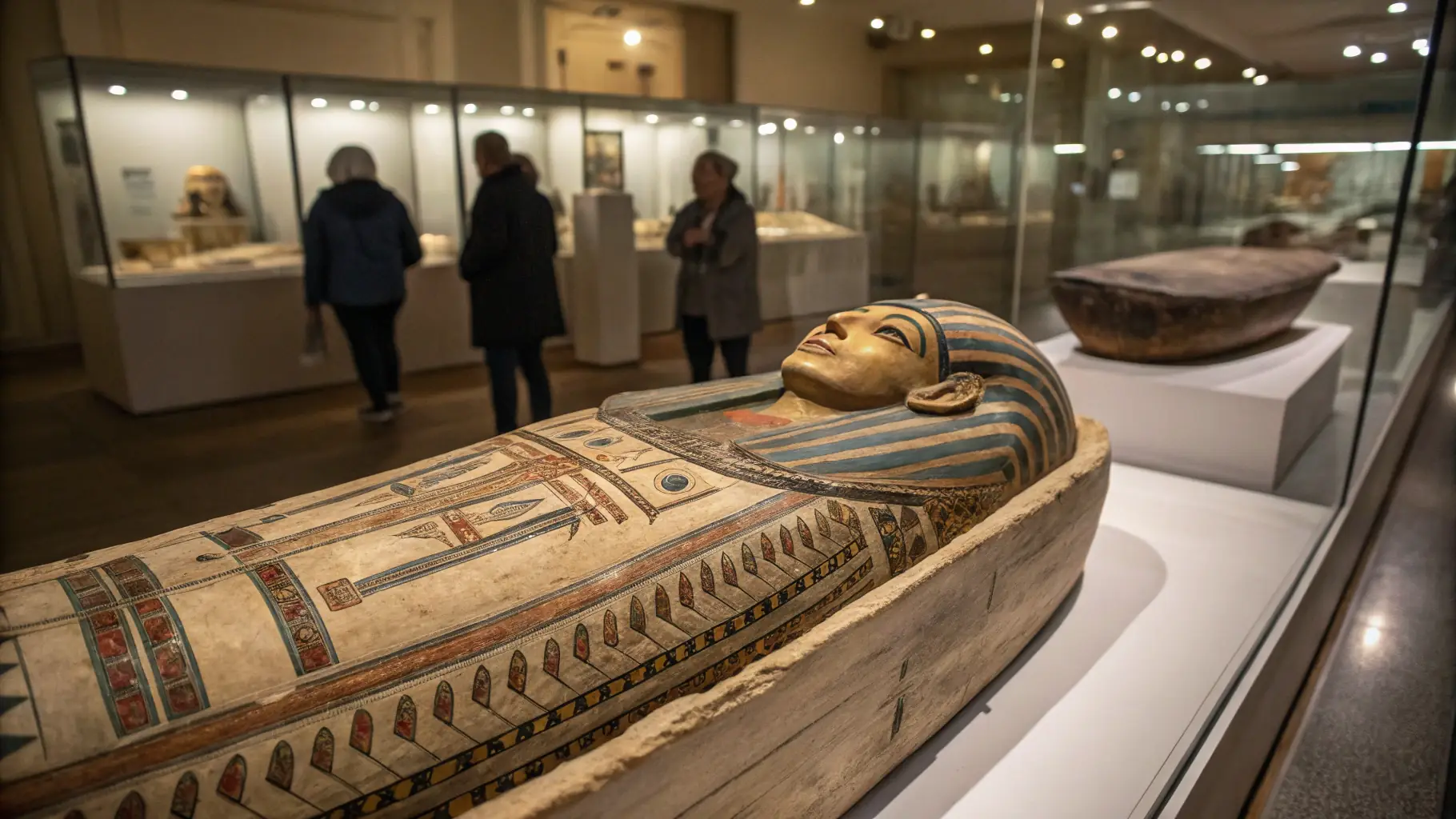The Sustainable Development Goals (SDGs) face numerous challenges in their implementation, particularly in developing nations. Economic disparities, political instability, and climate change are among the key obstacles hindering progress. The interconnected nature of these challenges makes it difficult to address them effectively. The need for international cooperation and financial support is paramount. Developing nations often lack the resources and infrastructure necessary to implement the SDGs effectively. Limited access to technology, education, and healthcare are significant barriers to progress. Political instability and corruption can further exacerbate these challenges, diverting resources away from essential development initiatives. The global community must address these systemic issues to ensure equitable progress. The SDGs are ambitious goals, and their achievement requires a concerted global effort. International cooperation, financial aid, and technological transfer are crucial to supporting developing nations in their pursuit of sustainable development. Addressing the root causes of inequality and instability is essential to achieving the SDGs. The long-term success of the SDGs depends on the collective commitment of nations and individuals to work together.
The Significance of Cultural Festivals in Diverse Societies
Cultural festivals play a vital role in preserving and celebrating traditions and heritage.



